Market Share
Polyphenol Market Share Analysis
The Polyphenol Market, a thriving sector in the food and beverage industry, employs various market share positioning strategies to gain a competitive edge. One prevalent approach is differentiation, where companies focus on unique features or benefits that set their products apart. This could involve offering polyphenol-rich extracts with enhanced bioavailability or developing innovative formulations for targeted health benefits. By highlighting these distinctive qualities, companies aim to carve out a niche and attract consumers seeking specialized polyphenol products.
Another key strategy involves cost leadership, where companies aim to become the low-cost producer in the market. This approach requires efficient production processes, economies of scale, and strategic sourcing of raw materials. By offering competitively priced polyphenol products without compromising quality, companies can appeal to price-sensitive consumers and potentially capture a larger market share. Cost leadership strategies often involve continuous improvement efforts to streamline operations and reduce production costs.
Market segmentation is also a crucial element in Polyphenol Market positioning. Companies identify specific consumer segments with distinct preferences, needs, and behaviors. This allows them to tailor their marketing and product development strategies to meet the unique requirements of each segment. For instance, a company might develop polyphenol supplements targeted at fitness enthusiasts, emphasizing the potential benefits for exercise recovery and overall well-being. Effective segmentation enables companies to allocate resources efficiently and tailor their messaging to resonate with specific consumer groups.
Strategic partnerships and collaborations play a significant role in market share positioning within the Polyphenol Market. Companies often form alliances with research institutions, universities, or other industry players to access cutting-edge research and development capabilities. By leveraging shared expertise, companies can accelerate product innovation and enhance the credibility of their offerings. Collaborations also provide opportunities for joint marketing efforts, expanding reach and visibility in the market.
Furthermore, a focus on sustainable practices and ethical sourcing can serve as a powerful market share positioning strategy. With an increasing awareness of environmental and social issues, consumers are becoming more conscious of the origin and impact of the products they purchase. Companies that prioritize sustainable and ethical practices in the production of polyphenol-rich products can resonate with environmentally conscious consumers, potentially gaining a competitive advantage and capturing a share of the growing market for eco-friendly products.
Polyphenols have anti-inflammatory and antioxidants properties. So, these are widely used for the treatment of chronic cancer, diabetes, and cardiovascular diseases. Hence the increasing awareness about gaining health benefits is driving the growth of the Global Polyphenol Market.
Moreover, the European Food Safety Authority (EFSA) has approved the polyphenol usages for the safety of the food and feed chain and to ensure the health of European consumers. This might drive the growth of the Global Polyphenol Market.


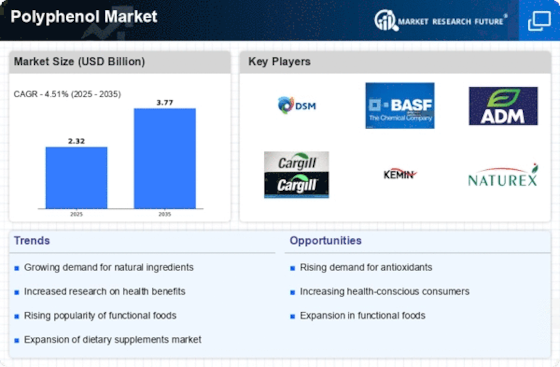


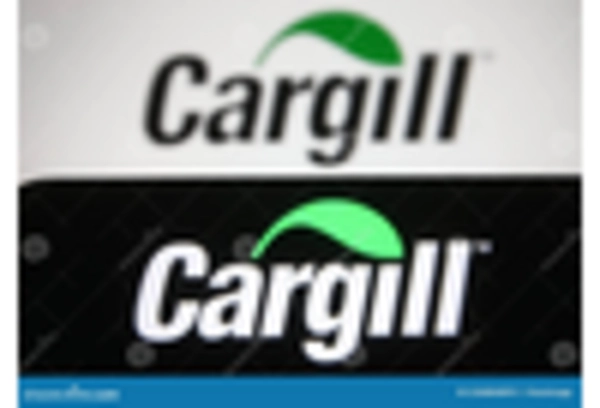
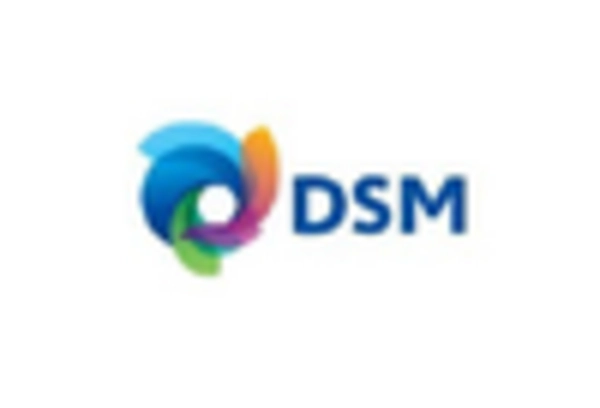
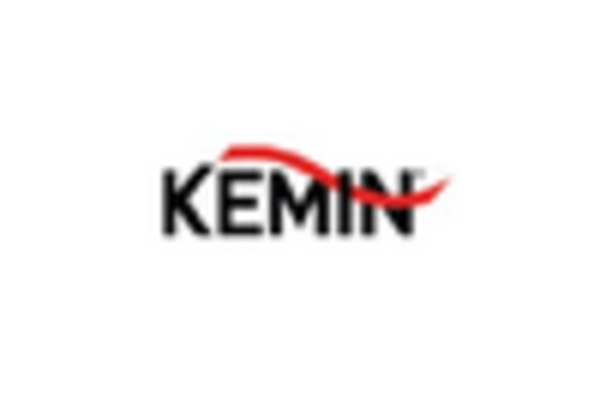
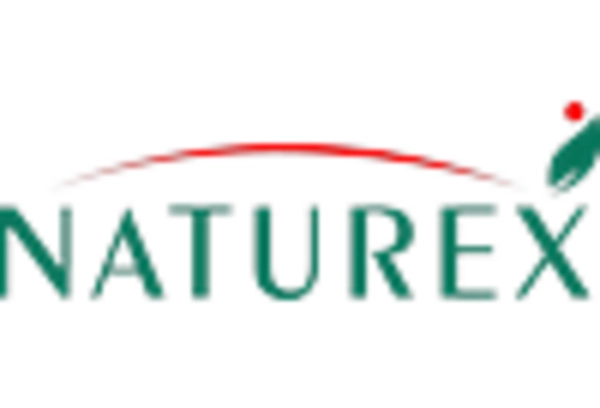









Leave a Comment